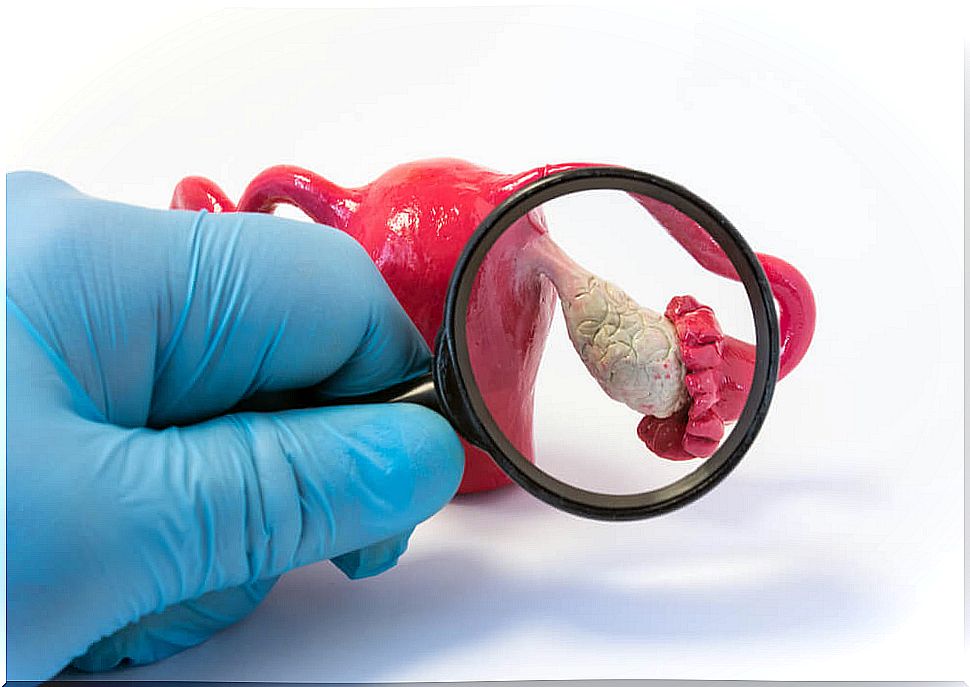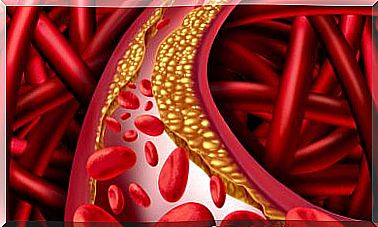Ovarian Cancer: Everything You Need To Know
Ovarian cancer is one of gynecological cancers. Its prognosis is very positive if it is detected early.
According to reports provided by the American Cancer Society, ovarian cancer ranks fifth on the list of deaths from cancer in women and its early detection is vital to treat it.
Ovarian cancer occurs when some cells begin to multiply uncontrollably until a kind of mass or tumor forms. As in any type of cancer, time plays a determining role, as it can act for or against, depending on how quickly it is detected.
As a woman it is very important to be well informed on the subject, since we are all at risk of suffering from this disease. Here are the most relevant facts that you should take into account on this delicate subject.
Causes of ovarian cancer
Knowing the causes of ovarian cancer is one of the first things we must take into account to learn more about this disease. Although there is no specific factor that determines its cause, certain factors have been found to predispose women to developing this disease.

- Genetic factors: women with a personal history of breast cancer or a family history of breast or ovarian cancer are more likely to suffer from this type of cancer due to abnormalities in the BRCA1 or BRCA2 genes.
- Estrogen therapy : Women who take estrogen for more than 5 years have a higher risk of developing this type of cancer. However, birth control pills that combine estrogens and progestogens have been found to be a protective factor against this disease.
- Older women are at higher risk of developing this disease. According to research, most cases occur in women 55 years of age and older, coinciding with menopause and the hormonal changes that it entails.
You have no clear symptoms in its early stages
In its initial stage the symptoms can be confused with other common disorders such as menstrual cramps, premenopause, menopause, indigestion or other types of digestive problems.
Symptoms to go on red alert
As the disease progresses, the woman may have other symptoms. If you feel a combination of them, it is important to see a doctor urgently.

- Pain in the pelvic part.
- Pressure or swelling in the abdomen.
- Constipation or a sudden change in your stool habits.
- Nausea and gas constantly.
- Sudden changes in urination habits.
- Lower back pain.
- Constant fatigue
- Decreased appetite
Early detection is key to fighting it Detecting ovarian cancer early is crucial to treating and eliminating it. When cancer is detected in its early stage, the chances of fighting it greatly increase.
However, most cases are detected in very advanced stages. For this reason, it is important to be alert and in the event of any suspicion of suffering from this disease, immediately go to a gynecologist, who if deemed necessary will refer us to a professional specialized in oncology.
Treatment of ovarian cancer
Once the specialist doctor diagnoses ovarian cancer and depending on the stage it is in, there will be several options to treat it. The decision will be made after learning about the woman’s side effects and future plans, among other things. Treatments generally include at least two of these procedures:
- Surgery.
- Chemotherapy.
- Hormone therapy.
- Targeted or focused therapy.
- Radiotherapy.
Ovarian cancer can be prevented
The best way to prevent ovarian cancer is to try to reduce common risk factors, that is, to lead as healthy a life as possible. Eat fruits and vegetables, exercise regularly, have an adequate weight or avoid habits such as smoking and alcoholism.









